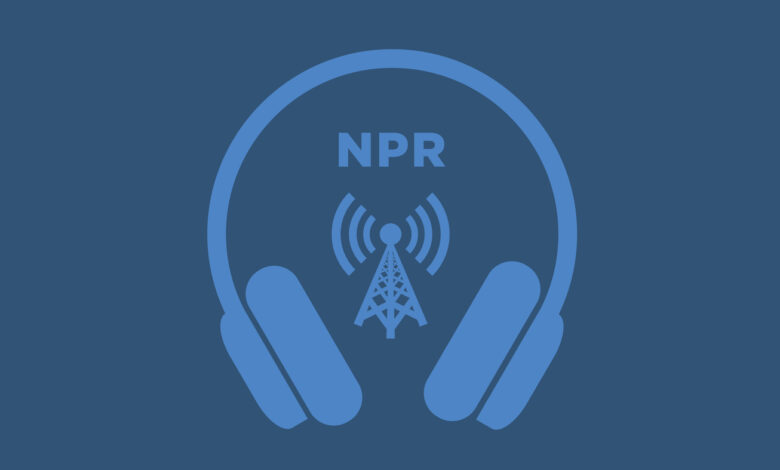How a Czech vinyl manufacturer became a giant in the record industry : NPR

Not long ago, a Czech record company was making its money producing harmless pop songs for the eastern bloc. Now they’re helping facilitate the world’s newfound addiction for vinyl records.
AILSA CHANG, HOST:
Saturday is Record Store Day, which celebrates the culture of independent record stores. Just a few years ago, shops dealt with the great vinyl shortage. But now that shortage is over, largely thanks to a small company in the Czech Republic. Darian Woods from The Indicator and WNXP’s Justin Barney bring us this story.
DARIAN WOODS, BYLINE: To understand how a Czech company came to end the vinyl shortage and become a giant under capitalism, we need to first go back to the 1900s. At that time, it was Czechoslovakia, and they were basically the Midwest of Europe. And then after World War II, Czechoslovakia became a communist country.
JUSTIN BARNEY, BYLINE: And they needed exactly one factory for music and built Gramofonove Zavody. Its role was to produce music for the Eastern Bloc.
MICHAL STERBA: Usually, these were very pro-government, pro-communist and either very political or that easy, cheap pop stuff that would not make any damage by listening to (laughter).
BARNEY: That is Michal Sterba. He is the CEO of the company that is now named GZ Media. The company began with sort of safe pop music back in the day.
STERBA: At that time, the biggest artist was a gentleman called Karel Gott.
(SOUNDBITE OF SONG, “JE JAKA JE (SERENO E)”)
KAREL GOTT: (Singing in Czech).
WOODS: Yup, certainly sounds like it won’t do any damage by listening to this.
BARNEY: (Laughter) Yeah.
WOODS: Not exactly Rage Against the Machine.
BARNEY: Very safe.
WOODS: In 1989, the communist government fell, and their state-owned business became private.
BARNEY: Being a state-sanctioned monopoly for almost 40 years really gave GZ a leg up in the competitive world of capitalism. They built up their plants over all those years with expensive equipment, and newcomers found it hard to compete.
WOODS: The problem was the vinyl industry was in the tank.
BARNEY: Because most of music listening happens in the car, and you can’t play a vinyl record in the car, cassettes and CDs took over.
WOODS: So around 2005, something unexpected happened. Vinyl started coming back.
BARNEY: This was the first vinyl boom. And then the pandemic hit. With no restaurants to go to or concerts to attend, people bought records, and the second vinyl boom began.
STERBA: So it was the golden time for us.
WOODS: The second boom started a gold rush in manufacturing. A bunch of new vinyl manufacturers popped up, but they still couldn’t keep up with demand.
BARNEY: There are a mystifying amount of small steps involved in pressing a vinyl record.
WOODS: And many of these steps were outsourced.
BARNEY: This is where GZ changed the game. They started making their own machines to take care of all those small steps so they could do everything in house.
WOODS: In business, we call this vertical integration. GZ is the only fully vertically integrated vinyl manufacturer in the world, allowing them to do things on the cheap. The end of the COVID boom has returned vinyl demand to a normal 7% growth, and now there is more capacity to make vinyl than there is demand for it. Mark Michaels is the CEO of United Record Pressing.
MARK MICHAELS: It’s going to be hard for everybody to survive.
BARNEY: Meanwhile, GZ built a new plant in Nashville called Nashville Record Pressing just minutes away from United Record Pressing, swallowing up demand and contracts and printing a lot of records.
STERBA: What can I say? I want to be tough (laughter). Like, you want to excel. That’s the nature of human being. I want to win.
BARNEY: Justin Barney.
WOODS: Darian Woods, NPR News.
(SOUNDBITE OF MUSIC)
Copyright © 2025 NPR. All rights reserved. Visit our website terms of use and permissions pages at www.npr.org for further information.
NPR transcripts are created on a rush deadline by an NPR contractor. This text may not be in its final form and may be updated or revised in the future. Accuracy and availability may vary. The authoritative record of NPR’s programming is the audio record.




